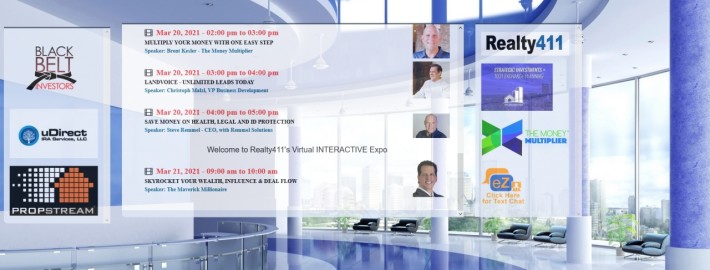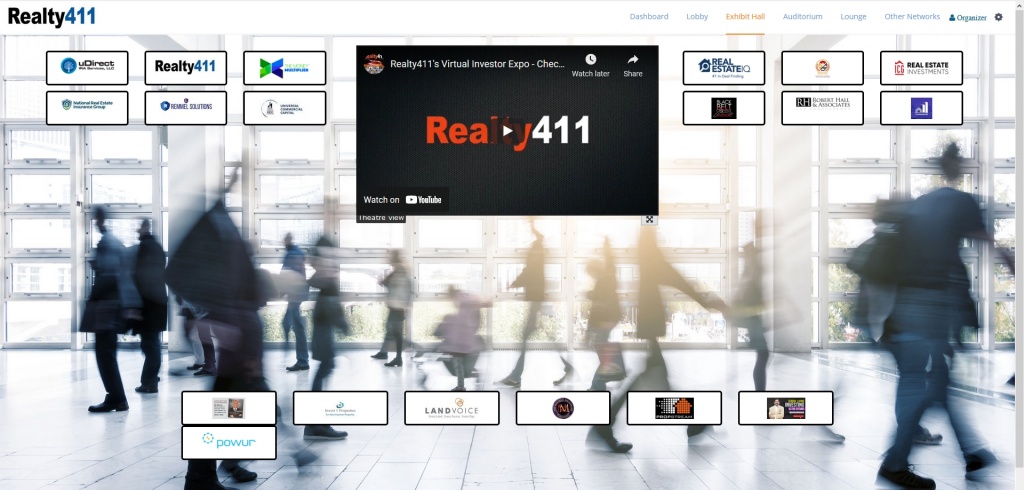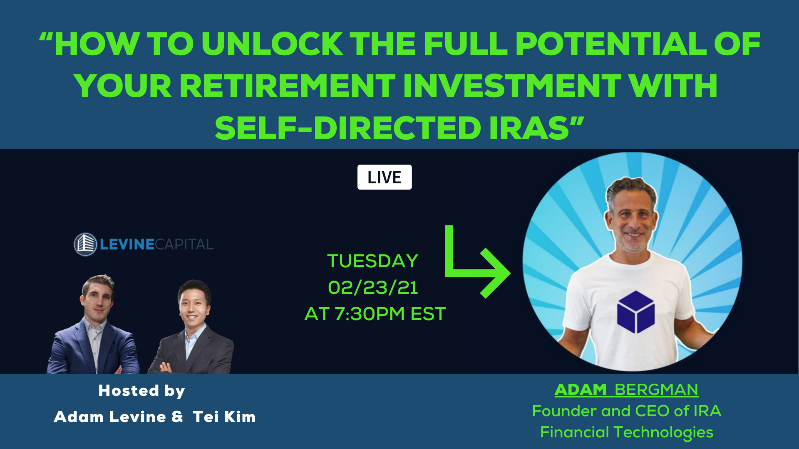By Stephanie Mojica
With the New Year, the continuing COVID-19 pandemic, and now political changes in Washington, it’s more important than ever that real estate investors be aware of how all these changes will impact their taxes.
Realty411 interviewed two tax experts to get the scoop on the best ways for investors to prepare for tax time.
 Tony Watson
Tony Watson
Enrolled Agent, Senior Tax Consultant, and Public Speaker
Robert Hall & Associates, Los Angeles
https://www.roberthalltaxes.com/
Phone: 818-293-2139
SM: Are there any new tax laws that investors need to be aware of?
TW: Lots of new things! Number one would have to be accelerated depreciation. Under the CARES Act, you can drop QIP (qualified improvement property) depreciation improvements from 39 years to 15 years, which essentially gives you double the write off.
SM: What is the best thing investors can do to plan for tax payments, so they’re not caught by surprise?
TW: Meet with their tax preparers in the fourth quarter with year-to-date figures. This way, we can calculate the year’s liability well before the year is even over.
SM: What are some of the common mistakes you see investors make when it comes to tax planning and preparation?
TW: Not knowing what is deductible or where to maximize the tax benefits.
SM: What documentation is essential for investors to have at tax time?
TW: Gross rents received, mortgage interest forms, property tax paid amounts, and a breakdown of all improvements made to properties throughout the year.
SM: Do you have any additional comments or thoughts to share with Realty411 readers?
It is the right of EVERY taxpayer to plan ahead to pay less tax. If a taxpayer fails to plan, they are ultimately planning to fail.
 John F. Duston IV, CPA
John F. Duston IV, CPA
Tax Accountant
Los Angeles
https://www.linkedin.com/in/johnfduston/
Phone: 310-683-8769
SM: Are there any new tax laws that investors need to be aware of?
Proposition 19 is the big one this year. It is a property tax increase that greatly limits the scope of the parent-child exclusion for increases in property taxes.
SM: What is the best thing investors can do to plan for tax payments, so they’re not caught by surprise?
JD: I set my clients up with quarterly estimates, so they are already paid in. Additionally, if they have a sale, we can figure out what the resulting tax increase would be.
SM: What are some of the common mistakes you see investors make when it comes to tax planning and preparation?
One of the most common mistakes I see is that investors will use their purchase price as their depreciation on their taxes. What they should be doing is using the escrow statement to determine their basis in the property and then allocating this basis between building — which is depreciable for taxes — and land, which is not. While doing this correctly decreases depreciation deductions, claiming the purchase price as 100% deductible is very easy to identify.
SM: What documentation is essential for investors to have at tax time?
JD: The biggest ones are mileage logs, meals log, and a separate bank account to track rent and expenses.
SM: Do you have any additional comments or thoughts to share with Realty411 readers?
JD: When you’re routinely incurring expenses for the management of a few properties, a Supplemental Business Expense Form can be useful to split said expenses between the properties.




























 Tony Watson
Tony Watson John F. Duston IV, CPA
John F. Duston IV, CPA

